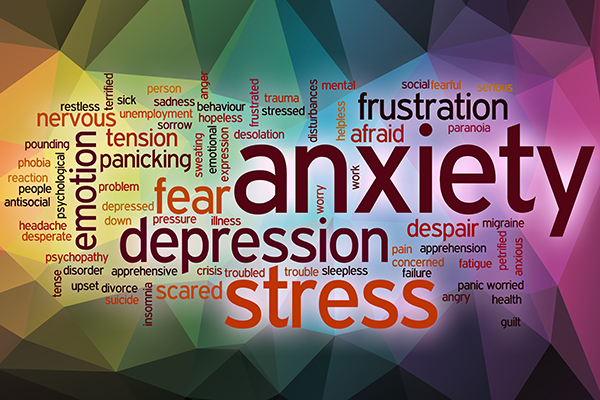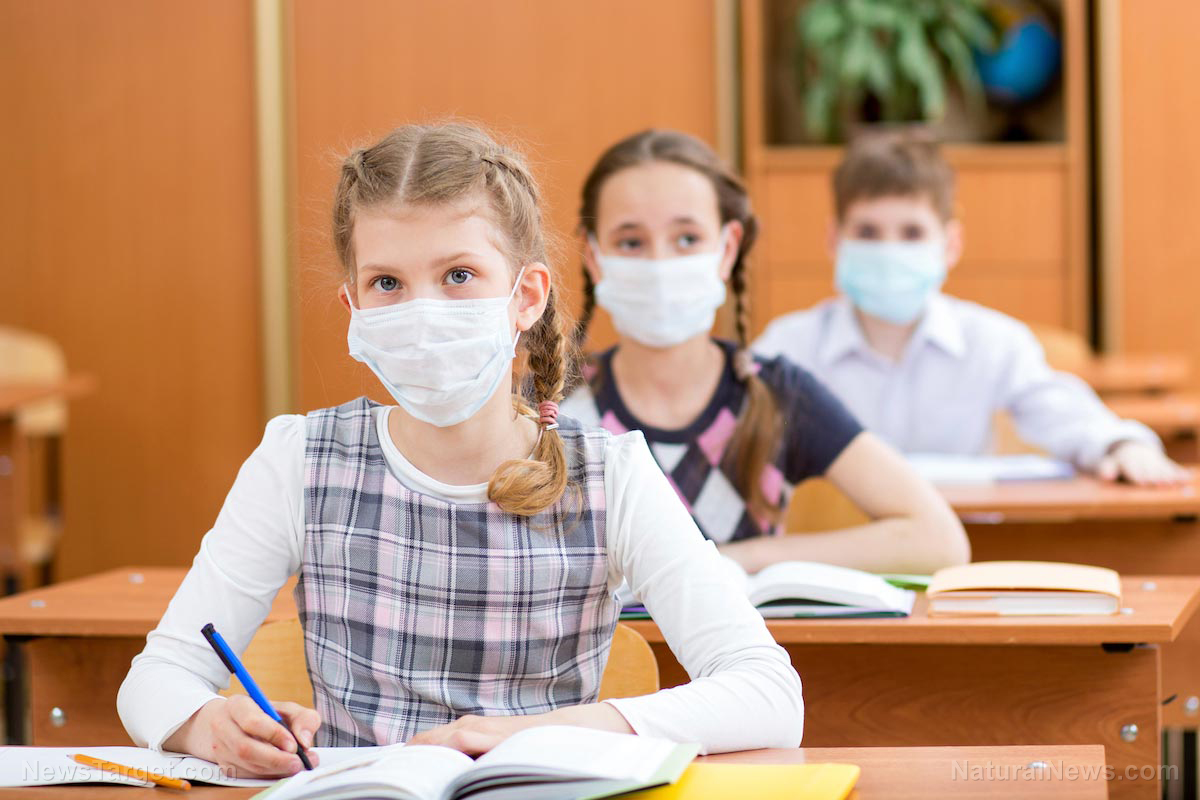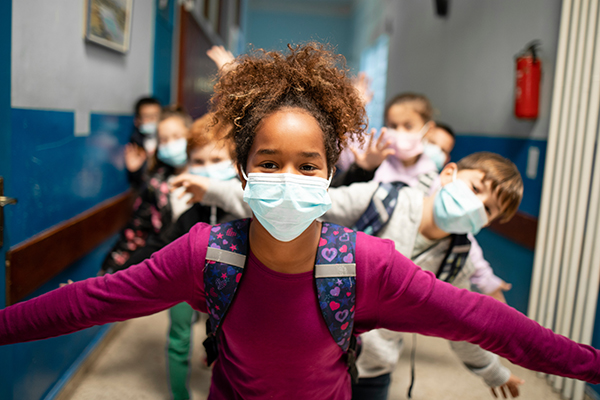America has one of the highest depression rates in the world
11/29/2022 / By Olivia Cook

The United States has the third-most number of cases of unipolar depressive disorders in the world, just behind China and India. This was according to the most recent findings on global depression rates by the World Health Organization (WHO).
Unipolar depression, also referred to as major depressive disorder (MDD), major depression or clinical depression, is a medical condition that can impact many critical areas of a person’s life and prevent affected individuals from living healthy and fulfilling lives.
The National Institute of Mental Health (NIMH) reported that an estimated 21 million adults in the United States had at least one major depressive episode – a number that represents 8.4 percent of all U.S. adults. Adult females (10.5 percent) are more susceptible to depressive episodes than adult males (6.2 percent).
This data for major depressive episodes reported by the National Institutes of Health (NIH) was from the 2020 National Survey of Drug Use and Health (NSDUH).
A new study published in the American Journal of Preventive Medicine has found that almost one in 10 Americans reported suffering from depression in 2020 – increasing fastest among teens and young adults.
The majority of people with unipolar depression have shown sadness or irritability lasting most of the day, loss of interest in the majority of activities that were enjoyable before, changes in appetite or sudden weight loss/gain, difficulty falling asleep, feelings of restlessness or a lack of energy and increased tiredness.
Affected individuals also reported feelings of worthlessness or guilt and experienced difficulty concentrating, making decisions, thinking and focusing that often led to many moments of suicidal or self-harming thoughts.
Medical professionals and experts say unipolar depression isn’t the same state as being merely sad or “feeling the blues” that a person can just “snap out” of – and more often than not, requires long-term professional care and treatment.
Post-pandemic mental challenges linger
The Wuhan coronavirus (COVID-19) pandemic has come with long-term, sustained stress and trauma for millions of people around the world, and frequently put financial and emotional strain on families.
In the first year of the COVID-19 pandemic, the global prevalence of anxiety and depression increased by a massive 25 percent, according to a scientific brief released by the WHO.
“The information we have now about the impact of COVID-19 on the world’s mental health is just the tip of the iceberg,” said WHO Director-General Tedros Adhanom Ghebreyesus.
Lockdowns and business shutdowns resulting from the pandemic were identified as major factors for the increase in stress and anxiety around the world. These measures constrained people’s ability to work, seek solace and support from loved ones and engage in their communities.
Loneliness, stress and anxiety from fear of infection, suffering and death for oneself and for loved ones, inconsolable grief from the loss of family and friends and financial worries from the loss of major sources of income have all been cited as multiple stressors leading to a major depression.
Among health workers and front liners, exhaustion, stress in the workplace, fear of infection, exposure to quarantine and death have been major triggers for suicidal thinking.
A survey conducted last year by the Associated Press-NORC Center for Public Affairs Research found that Gen Z and millennials have been the most stressed – citing the effects the pandemic has had on their education, careers and social relationships. (Related: Social anxiety in teens and young adults worsen during the pandemic.)
Watch this video and learn how to handle anxiety/depression naturally.
This video is from the DrSergeTheNutritionistScientist channel on Brighteon.com.
More related stories:
Dr. Fab Manzini: Embracing CHANGE key to dealing with post-pandemic depression.
Scientists explain how CBD helps address “isolation-induced aggression.”
High doses of B-vitamins have a profound effect on mental health.
Sources:
Submit a correction >>
Tagged Under:
anxiety, covid-19, depression, infections, lockdowns, medical fascism, Medical Tyranny, mental health, mind, mind body science, outbreak, pandemic, psychiatry, quarantine, social isolation, stress, Tedros Adhanom Ghebreyesus, WHO
This article may contain statements that reflect the opinion of the author
RECENT NEWS & ARTICLES
Infections.News is a fact-based public education website published by Infections News Features, LLC.
All content copyright © 2018 by Infections News Features, LLC.
Contact Us with Tips or Corrections
All trademarks, registered trademarks and servicemarks mentioned on this site are the property of their respective owners.





















